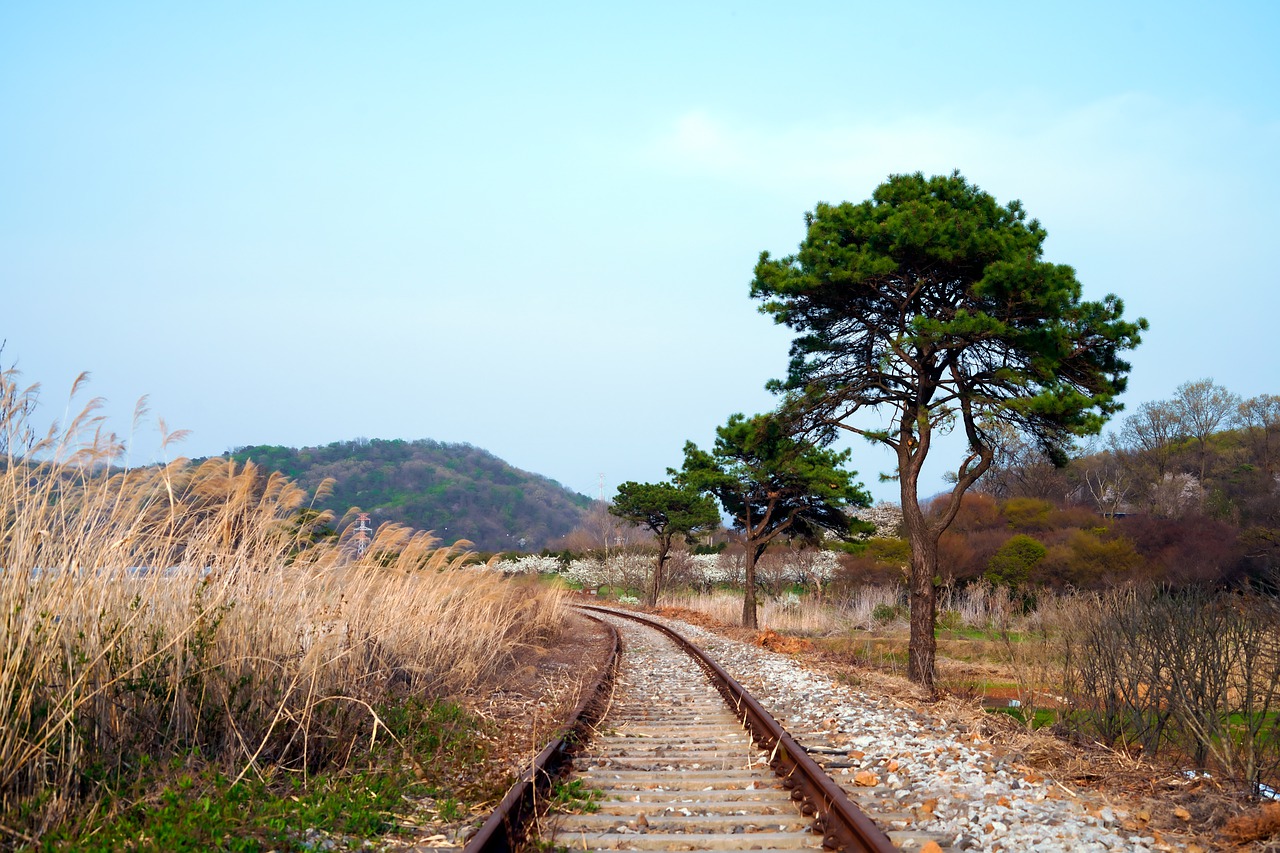South Korea Video
Safety Tips for Remote Workers in South Korea
Working remotely has become increasingly popular, offering flexibility and freedom for individuals to work from anywhere, including South Korea. However, it’s important for remote workers to prioritize their safety and well-being while working in a foreign country. This article provides essential safety tips for remote workers in South Korea to ensure a secure and enjoyable work experience.
Understanding Local Laws and Regulations
Before starting remote work in South Korea, it’s crucial to familiarize yourself with the local laws and regulations that may affect your work. Research employment laws, tax obligations, and any permits or visas required for remote work. Understanding the legal framework will help you navigate potential challenges and ensure compliance with local regulations.
- Research Employment Laws: Familiarize yourself with South Korea’s labor laws, including working hours, minimum wage, and employment contracts.
- Tax Obligations: Consult with a tax professional to understand your tax obligations both in South Korea and your home country.
- Permits and Visas: Determine if you need a specific visa or permit to work remotely in South Korea and ensure proper documentation.
Choosing a Safe Accommodation
When working remotely in South Korea, selecting a safe and comfortable accommodation is essential for your overall well-being. Consider the following factors when choosing a place to stay:
- Location: Choose a neighborhood with a low crime rate and convenient access to amenities like grocery stores, pharmacies, and public transportation.
- Security Measures: Opt for accommodations with security features such as CCTV cameras, secure entrances, and 24/7 staff presence.
- Reviews and Recommendations: Read reviews and seek recommendations from other remote workers or trusted sources to ensure the reliability and safety of the accommodation.
South Korea Image 1:

Utilizing Secure Internet Connections
As a remote worker, a secure internet connection is crucial to protect your sensitive work data and maintain productivity. Follow these tips to ensure a safe online experience:
- Use Virtual Private Network (VPN): Employ a reputable VPN service to encrypt your internet connection and safeguard your data from potential cyber threats.
- Avoid Public Wi-Fi: Refrain from connecting to public Wi-Fi networks, especially for sensitive work-related tasks. Instead, rely on secure networks like your accommodation’s private connection or a trusted mobile hotspot.
- Keep Software Updated: Regularly update your operating system, antivirus software, and other applications to protect against known vulnerabilities.
Staying Healthy and Hygienic
Maintaining good health and hygiene is essential for remote workers in South Korea. Follow these tips to prioritize your well-being:
- Stay Hydrated: Drink plenty of water throughout the day to stay hydrated, especially during hot and humid weather.
- Eat Balanced Meals: Consume a balanced diet with a variety of fruits, vegetables, proteins, and whole grains to support your overall health.
- Practice Good Hygiene: Follow proper hygiene practices, including regular handwashing, using hand sanitizers, and covering your mouth and nose when coughing or sneezing.
South Korea Image 2:

Transportation Safety
When commuting or traveling within South Korea, prioritize your safety by following these transportation tips:
- Use Licensed Taxis: Opt for licensed taxis with clear identification and avoid unmarked or unofficial taxis.
- Public Transportation: Utilize reliable public transportation options such as buses and trains, especially during peak hours to ensure safety and efficiency.
- Stay Alert: Be aware of your surroundings, particularly in crowded areas or when using public transportation during late hours.
Emergency Services and Medical Facilities
Knowing the location of emergency services and medical facilities is crucial for remote workers. Familiarize yourself with the following:
- Emergency Hotlines: Save the local emergency hotline numbers in your phone for quick access in case of any emergencies.
- Medical Facilities: Identify nearby hospitals, clinics, and pharmacies to ensure prompt medical assistance if needed.
- Health Insurance: Ensure you have comprehensive health insurance coverage during your stay in South Korea.
South Korea Image 3:

Respecting Local Customs and Culture
South Korea has a rich cultural heritage, and as a remote worker, it’s important to respect and appreciate the local customs. Consider the following:
- Etiquette: Familiarize yourself with Korean etiquette, such as bowing when greeting, removing shoes when entering homes, and using both hands when giving or receiving items.
- Language: Learning basic Korean phrases can help you communicate and navigate daily interactions more effectively.
- Cultural Sensitivity: Respect cultural norms, traditions, and religious practices, and avoid behavior that may be considered disrespectful.
Networking and Community
Building a network and connecting with the local community can enhance your remote work experience in South Korea. Consider these tips:
- Join Co-Working Spaces: Co-working spaces provide opportunities to meet fellow remote workers and network with professionals from various industries.
- Attend Meetups and Events: Participate in local meetups, networking events, or industry conferences to expand your professional connections.
- Online Communities: Engage with online communities and forums to connect with other remote workers in South Korea and seek advice or recommendations.
Maintaining Work-Life Balance
While working remotely in South Korea, it’s essential to maintain a healthy work-life balance. Follow these tips:
- Set Boundaries: Establish clear boundaries between work and personal life to avoid burnout. Define specific working hours and allocate time for leisure activities.
- Take Breaks: Regularly take short breaks during work hours to refresh your mind and prevent prolonged periods of sedentary work.
- Explore South Korea: Take advantage of your remote work setup and explore the diverse attractions and natural beauty that South Korea has to offer.
Conclusion
As a remote worker in South Korea, prioritizing your safety and well-being is crucial for a successful work experience. By understanding local laws, choosing safe accommodation, utilizing secure internet connections, and maintaining good health and hygiene practices, you can ensure a productive and enjoyable time in this vibrant country. Remember to respect local customs and culture, build connections with the community, and maintain a healthy work-life balance. With these safety tips in mind, you can make the most of your remote work journey in South Korea.
References
- visitkorea.or.kr
- english.visitseoul.net
- lifeinkorea.com
- english.visitkorea.or.kr
- expatarrivals.com


